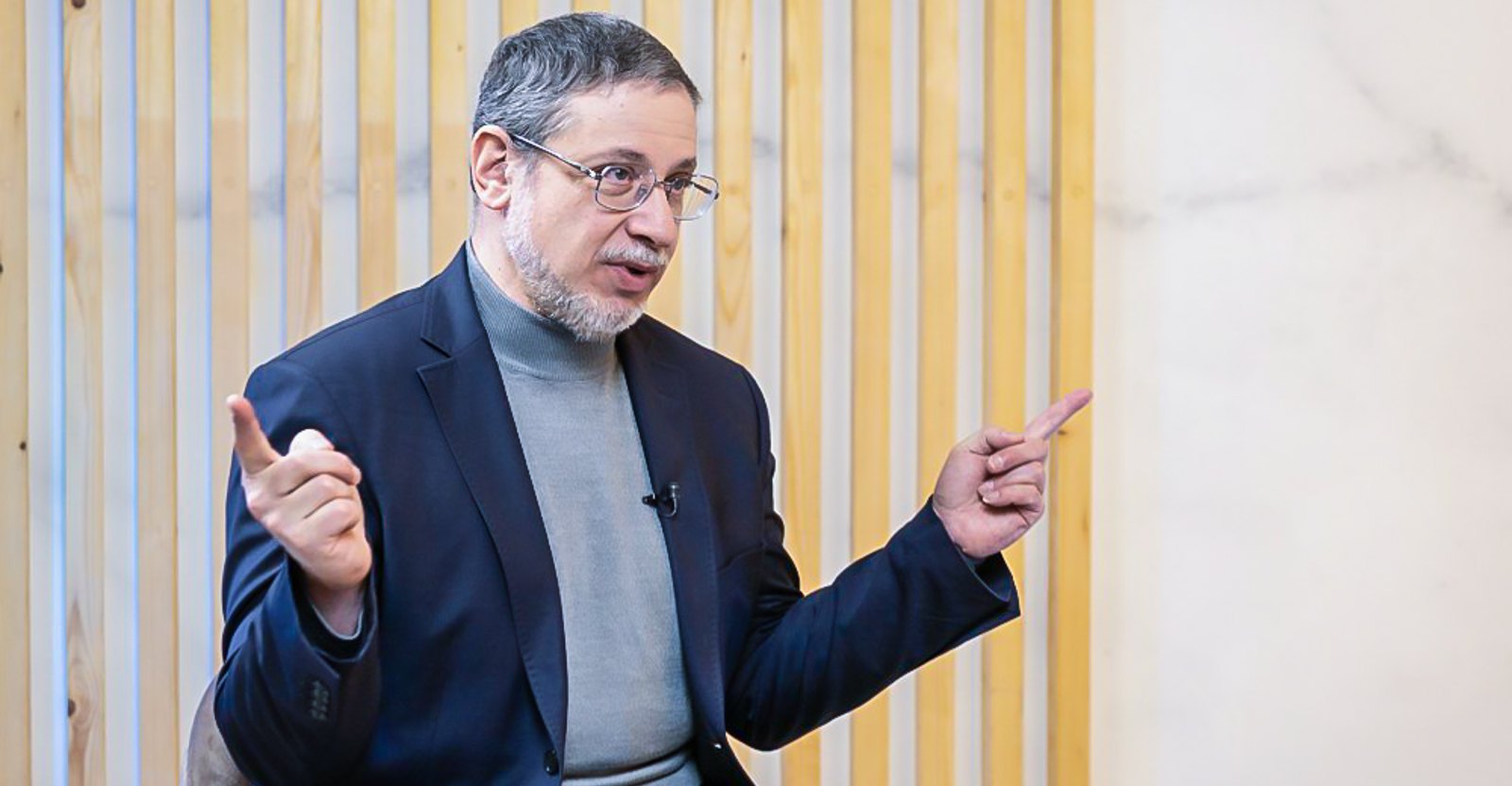Valeriy Pekar, a lecturer at the Kyiv-Mohyla Business School
1. How do you envision Ukraine's post-war recovery? Where should the main efforts be directed?
Ukraine's recovery has to address two main tasks: reconstruction and modernisation. The war has caused enormous destruction, and everything needs to be rebuilt. At the same time, war always offers a chance for a qualitative economic leap, but not all countries manage to use it and not waste it. Modernisation means utilising this opportunity and taking the country to the next stage of development.
It should be noted that reconstruction and modernisation contradict each other and compete for limited resources. Reconstruction requires quick and cheap solutions, while modernisation requires expensive and long-term solutions. A classic example is the Khrushchev-era blocks of flats - a fairly quick and relatively cheap solution after World War Two, which seemed temporary at the time, but still defines the face of our cities (and will continue to do so for decades to come). Ukrainian architect Anna Kyriy pointed out: "Winners do not build Khrushchev-style houses". And this slogan reflects well the connection between the status of a winner and the availability of an alternative choice.
The main efforts should be focused on two issues: accelerated economic growth and the return of people who have left. Accelerated economic growth depends on investment inflows, which require the rule of law and economic freedom. The return of people primarily depends on security, as well as job availability (investments again), and infrastructure restoration.
2. Which industries should drive the Ukrainian economy after the war?
Ukraine is too big to focus on a few specific industries. We will always be an agrarian, industrial and post-industrial country at the same time. But each of these areas has its own challenges. Agrarians face logistical constraints and the problem of vast areas of land mined, which will take many years to clear using traditional methods, so innovative approaches are required. Post-industrial sectors, such as IT, will face a shortage of human capital and are also very sensitive to ill-considered regulatory changes. The biggest challenges lie ahead for manufacturing, which has been severely damaged, and there is no point in restoring old technological approaches, it is necessary to build new ones. Plants will become smaller (the era of gigantic facilities has given way to the era of distributed production) and greener in terms of their impact on environment. But all this is possible only with an inflow of investment (as mentioned above) and the restoration of human capital.
3. What are the main challenges in the post-war development of Ukraine?
Today, all segments of society have one big fear that after the victory, everything will be the same as before. Because it would mean that everything was in vain. Therefore, the main challenge is to combine reconstruction with modernisation, not to miss the chance for a qualitative economic leap.
Economic freedom, without which all this is impossible, includes protection of property rights, access to justice, absence of corruption, low and transparent taxes, low government spending, currency stability, freedom of doing business, trade, investment, labour market, financial market, etc. We will compete for investments in terms of all these indicators, as investments – rather than grants and loans from foreign governments and international organisations – are the main source of funds for reconstruction. Before the full-scale invasion, Ukraine ranked 130th in the global economic freedom ranking. Let's be honest, a country with such indicators has no chance of recovery. Our ability to improve some of these indicators is limited, so to compensate, we will have to set the "freedom regulator to maximum" with regard to other indicators. First and foremost, we are talking about transparency, accountability, equal rules for all, predictability, and minimal restrictions – this is definitely up to us.
4. What should be the role of the state and the private sector on this path?
The role of the state is to create infrastructure and establish fair and equal rules of the game. We have about 100 times more state-owned enterprises than a successful European country on average. At the same time, the freedom of entrepreneurship here is quite limited.
Politicians and citizens alike need to finally realise that the backbone of the economy is the entrepreneur, the investor – the person who creates something new where there was nothing before. As long as the state's attitude to entrepreneurship is consumerist, like to a "plucked goose", and the citizens' attitude is suspicious, seeing it as an occupation with a dubious reputation, we will only be trapped in poverty for long. I believe that we will escape this trap, but to do so, we need to get rid of the old Soviet approaches that are still alive, even though the state itself and its ideology are long gone. The European Union and other allies will help us with money and advice, but no-one but us will sort out our minds.









